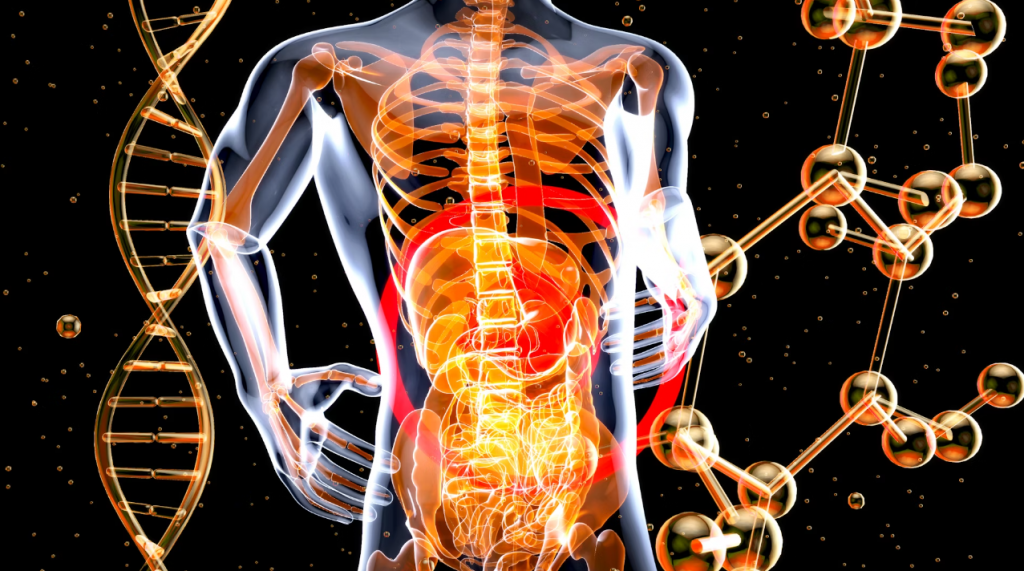In recent years, gut health has emerged as a crucial element of our overall well-being, capturing the attention of health professionals and researchers alike. But what exactly is gut health, and why should we care about it? Let’s dive into the fascinating world of our digestive system and its vital role in maintaining our physical and mental health.
Understanding Gut Health
What is Gut Health?
Gut health refers to the balance and functioning of the various microorganisms in our digestive tract. This includes trillions of bacteria, viruses, fungi, and other microbes that reside in our intestines, collectively known as the gut microbiome. A healthy gut aids digestion, produces essential vitamins, and plays a pivotal role in regulating our immune system. Think of your gut as a bustling city, with its inhabitants working tirelessly to keep everything running smoothly.
The Gut Microbiome Explained
The gut microbiome is a complex ecosystem comprising various species of bacteria, each with unique roles and benefits. Just like a diverse community thrives with different talents, our gut benefits from a variety of microorganisms.
Types of Gut Bacteria
- Beneficial Bacteria: These support digestion, produce vitamins, and protect against harmful pathogens. Examples include Lactobacillus and Bifidobacterium.
- Neutral Bacteria: They don’t have a significant impact on health, but their presence is essential for maintaining balance.
- Pathogenic Bacteria: These can cause illness when they outnumber beneficial bacteria. Maintaining a healthy gut microbiome helps keep these harmful bacteria in check.
Why Gut Health Matters
Understanding why gut health is important is key to appreciating its role in our overall well-being.
Gut-Brain Connection
Ever heard of the phrase “gut feeling”? This isn’t just a saying—it’s rooted in science. The gut and brain are in constant communication through the gut-brain axis, a complex network that links our digestive system to our brain. A healthy gut can positively influence mood and cognitive function, while an unhealthy gut may contribute to anxiety, depression, and other mental health issues.
Impact on Immune System
Did you know that about 70% of our immune system resides in our gut? A healthy gut microbiome plays a crucial role in regulating our immune responses. When our gut is balanced, it can effectively fend off pathogens and reduce inflammation.
Gut Health and Inflammation
Chronic inflammation is linked to many diseases, including obesity, diabetes, and heart disease. An imbalanced gut microbiome can lead to increased inflammation, creating a cascade of health issues. By nurturing our gut health, we can help minimize inflammation and promote overall wellness.

Signs of Poor Gut Health
Identifying the signs of poor gut health is essential for taking action.
Digestive Issues
Common digestive problems such as bloating, gas, diarrhea, and constipation often signal an imbalance in gut bacteria. If you find yourself dealing with these symptoms regularly, it may be time to assess your gut health.
Mental Health Symptoms
As mentioned earlier, the gut-brain connection is powerful. If you’re experiencing unexplained anxiety, mood swings, or depression, your gut health might be to blame. The gut produces neurotransmitters, including serotonin, which regulates mood. A disrupted gut may lead to insufficient neurotransmitter production, affecting mental well-being.
Skin Conditions
Your gut health can also impact your skin. Conditions like eczema, acne, and psoriasis have been linked to gut imbalances. A healthy gut can help maintain clear skin and reduce inflammation.
How to Improve Gut Health
Improving your gut health is achievable through dietary and lifestyle changes.
Dietary Choices
What we eat plays a significant role in our gut health. Incorporating a diet rich in whole foods, fiber, and fermented products can promote a thriving microbiome.
- Fiber-Rich Foods: Foods like fruits, vegetables, whole grains, and legumes provide prebiotics, which nourish beneficial gut bacteria.
- Fermented Foods: Foods such as yogurt, kefir, kimchi, and sauerkraut contain probiotics that introduce beneficial bacteria to the gut.
Probiotics and Prebiotics
Probiotics are live beneficial bacteria that support gut health, while prebiotics are substances that feed these good bacteria. Consider adding probiotic supplements or foods to your routine to enhance gut health.
Lifestyle Changes
Aside from diet, lifestyle choices can also impact gut health. Regular exercise, adequate sleep, and stress management are crucial. Stress, in particular, can disrupt gut function, so incorporating mindfulness practices like yoga or meditation can be beneficial.
Conclusion
The role of gut health in overall well-being cannot be overstated. From digestion to immune function and mental health, our gut microbiome plays a central role in maintaining balance in our bodies. By prioritizing our gut health through dietary choices and lifestyle changes, we can enhance our quality of life and promote long-term wellness. Remember, a happy gut leads to a happy life!